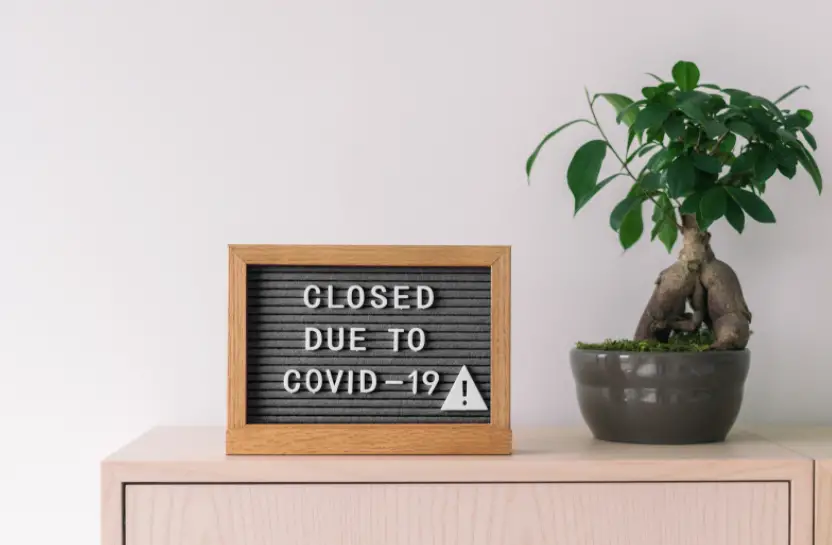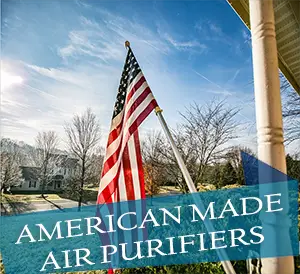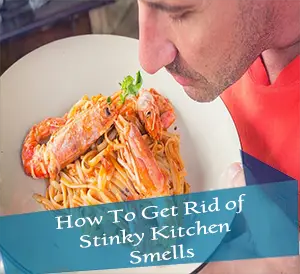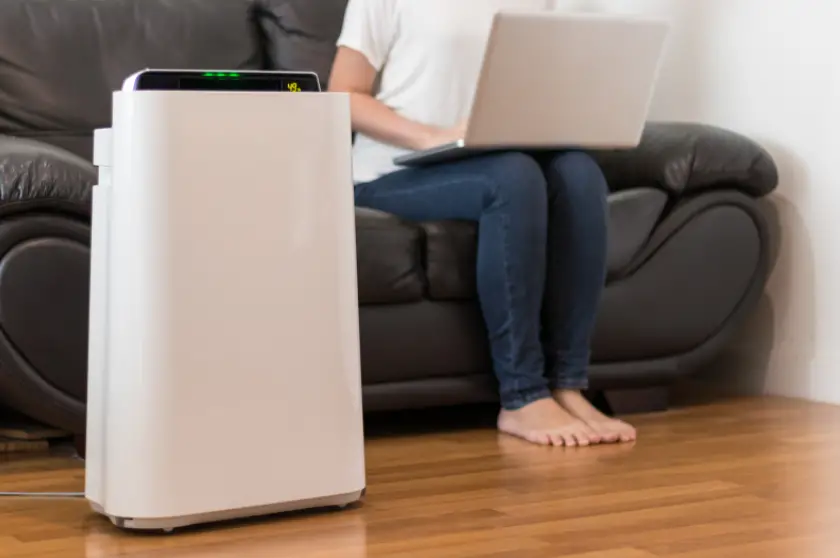
Most people who are new to indoor air problems don’t know what to look for when buying an air purifier. We care about you and that’s why we’ve written this guide to help you choose the one that’s suited for your needs.
Air purifiers are science-backed machines that, thanks to their HEPA (high-efficiency particulate air) filters, help people who are suffering from allergies and asthma, as well as those with bad indoor air quality.
There are many negative health effects of air pollution on humans and that’s why having an air purifier at home will be beneficial to you and your family. Don’t worry – we’re here to help you know more about these air purifiers and how they will minimize indoor air pollutants.
What is the best type of air purifier?
If you are looking for which type of air purifier to buy, here are some criteria you should know about:
| Rated room size | The first question to ask is “what size air purifier do I need?” because not all air purifiers are one-size-fits-all. Know the area of your room in square feet and you’ll easily find which air purifier matches your needs. |
| Portability |
Consider an air purifier that has any of the following for easy moving between rooms: • Wheels/casters |
| Type of filters included | Different filters make up an air purifier:
Activated carbon. This secondary filter gets rid of funky kitchen smells. If you are looking for an air purifier for cooking odor then choose one with activated carbon.
UV sanitizer. This is an optional filter that is found in most modern air purifiers, which will take out germs, viruses, mold, and the like. |
| Ease of use and maintenance | We recommend you to buy an air purifier that has the following features to make them easy to use and maintain:
|
Do air purifiers get rid of germs?
Yes, because HEPA air purifiers can trap up to 99.97% of particles, which includes airborne germs, aside from allergens and the like. Higher-grade HEPA filters, such as H13 medical-grade ones, will get rid of even smaller particles as much as 0.1 microns, compared to a standard true HEPA, which will clean 0.3-micron particles.
Many air purifiers also have optional features, such as a UV sanitizer. If you can spot an air purifier that has that feature, it will help target germs, mold, and viruses.
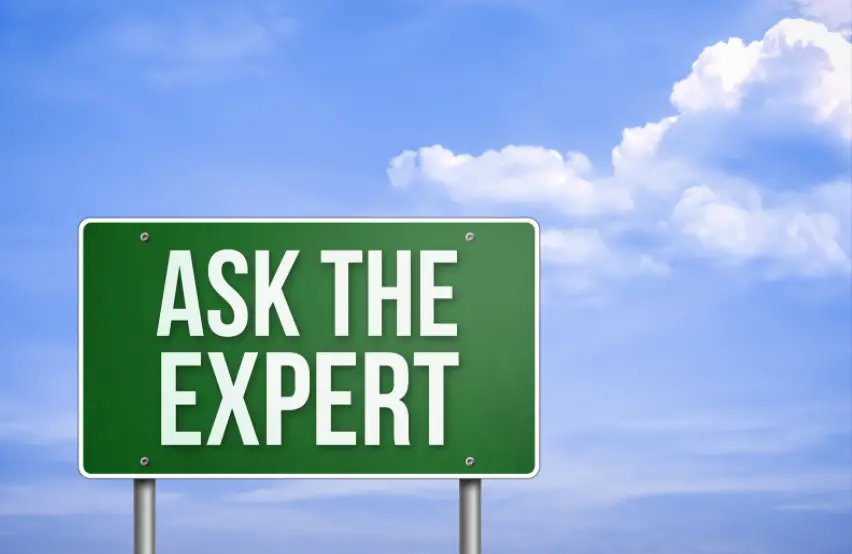
What experts say
Let’s hear what medical evidence and health experts have to say when it comes to the effectiveness of an air purifier:
First of all, what do air purifiers help with? As noted by Dr. Biggers, air purifiers target indoor pollutants, such as the following:
- Allergens. When you use a HEPA filter, it will trap allergens such as pollen, dust mites, and pet dander in the air. These make air purifiers very useful to people who have hay fever or allergic rhinitis.
- Mold. This is important to remove for asthmatic people. HEPA filters will help if you combine them with a dehumidifier.
- Smoke. If people (or guests) in your home frequently smoke tobacco, air purifiers will lessen them, but not entirely, as smoking cessation is still the best practice.
- VOCs. These include toxins that come from harsh chemicals, such as cleaning products and the like. Many air purifiers have multi-stage filters that not only target particles but also bad smells from VOCs.
Dr. Ambardekar explains how HEPA filters work. It is a type of mechanical air filter made of a fine mesh that traps particles. These particles include smoke, dust mites, pet dander, pollen, and similar allergens in the air. However, HEPA filters will work better if you do the following:
- Frequent laundering of bed sheets, drapery, and the like.
- Lessen carpets around the house.
- Clean and vacuum more often.
- Keep your pets outside or away from upholstered furniture and beds.
- Consider using blinds instead of curtains to lessen dust.
Aside from those medical experts, we also have a couple of studies that point out to air purifiers, specifically their air filters:
- The use of air cleaners and filters, as a 2015 study suggested, can enhance indoor air quality. The study included a report from the WHO (World Health Organization) in which 3.8 million deaths caused by stroke and COPD (chronic obstructive pulmonary disease) have links to poor household air quality.
- Likewise, the use of portable room air cleaners alongside air conditioners help improve sleep, especially when using high-efficiency particulate air (HEPA) filters.
- Furthermore, a study in 2013 revealed that 7% to 25% of improvement can be experienced by people who have allergies and asthma if they use particle filtration measures, such as air purifiers.
Conclusion
Dust particles may look harmless at first, but when you start to sneeze or when someone in your household has worsened asthma or allergy symptoms, that’s when it’s time to know what is the best air purifier for your home. Having clean indoor air will keep you healthy in the long run and your lungs will thank you!

